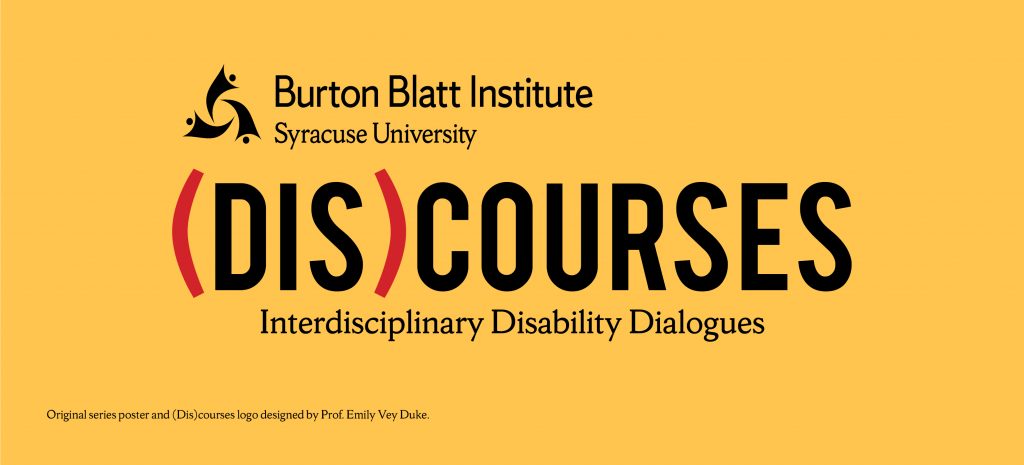
Hosted by the Office of Interdisciplinary Programs and Outreach (OIPO) at the Burton Blatt Institute and Wordgathering: A Journal of Disability Poetry and Literature, the series “(Dis)courses: Interdisciplinary Disability Dialogues” returned during the spring 2022 semester for four exciting conversations with luminaries who are engaged variously with many forms of innovative and intersectional Disability cultural work.
Each of our four online events included American Sign Language (ASL) interpretation, live captioning, image descriptions, and an opportunity for registered Zoom webinar participants to engage with the featured presenter and discussant.
All four events have been recorded and made publicly available, online. Final, edited transcripts are in process and will be posted as soon as they become available. Also available is the (Dis)courses: Interdisciplinary Disability Dialogues, Spring 2022 Resource Guide providing a variety of resources—including a selection of books and articles, guides and monographs, websites and blogs, and multimedia content—centering disability and disabled voices and perspectives, with an emphasis on equity, intersectionality, and culture.
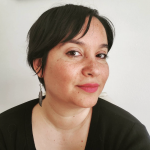 Disability Justice Lessons for Our Collective Survival: A Discussion about Crip Kinship
Disability Justice Lessons for Our Collective Survival: A Discussion about Crip Kinship
With Shayda Kafai
Shayda Kafai engaged in a conversation about her new book, Crip Kinship: The Disability Justice & Art Activism of Sins Invalid. Sins Invalid is a performance project that centers a Disability Justice framework. Crip Kinship investigates the revolutionary survival teachings that Disabled Queer of Color communities offer to all our bodyminds.
Learn more about Prof. Shayda Kafai
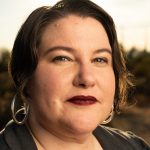 Ecocrip Sensibilities: Mending, Care, and Love Affairs
Ecocrip Sensibilities: Mending, Care, and Love Affairs
With Naomi Ortiz
Cultivating love affairs with ourselves, communities, and places means loving within states of stress. The disability community has unique knowledge in working towards accessibility and care in times of perpetual uncertainty. This discussion with Naomi Ortiz draws from our lineages, cultures, and ancestors to gently touch vulnerability and create our own definitions of sustainability.
Learn more about Mx. Naomi Ortiz
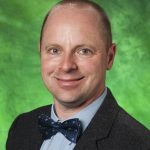 Enabling and “Cripping” the Back-to-the-Land Movement
Enabling and “Cripping” the Back-to-the-Land Movement
With Clark A. Pomerleau
From a disability studies perspective, it seems obvious that calls for homesteading have been ableist. Economic subsistence or profit from gardening, farming, or livestock management has required high executive function to plan and organize people’s heavy physical exertion. Scholars have assessed the claims that white, middle-class men without agricultural experience could leave urban problems to live off their garden and a cash crop they sold to buy other needs. Focusing on disability, though, remains an underused way to analyze actual practice. The homesteading endeavor enabled liberal social contract theory in U.S. history, which decides people’s value based on their utility due to their predictable ability to engage in labor. Disability analysis helps us determine in what cases Americans could “crip” homesteading to make it accessible to varying mental health and physical needs. I use my archival research into the famous homesteading advice and practice of Helen and Scott Nearing and oral histories of back-to-the-landers who were influenced by them from 1965 through the 1980s to consider how actual people have been successful and unsuccessful in accommodating homestead gardening to anxiety, depression, and declines in physicality and cognition.
Learn more about Prof. Clark A. Pomerleau
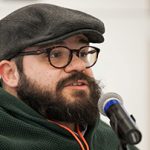
The Ethics of Passing and Disability Disclosure in Higher Education
With Joseph A. Stramondo
This talk explores if or when one has an ethical duty to disclose their disability as a faculty member. It explores such topics as: Who do you have a responsibility to disclose your disability to and why? Do faculty specifically have an ethical obligation to disclose their disability that is entailed by their role? How do you judge whether the ethical reasons you may have for disclosure are outweighed by your own self-interest to avoid the harms of disability stigma and discrimination by passing? Does one have an obligation to disclose all disabilities or is there reason to disclose some disabilities more than others? I use the methodology of narrative identity and ethics, as developed by Hilde Lindemann, to argue that there are some ethically salient reasons for some faculty members to disclose their disability some of the time, but this duty is not absolute and can be outweighed by other considerations. The ethical reasons for disclosure arise from the notion that a person’s identity is never a private matter, but always relational in nature because human agency is relational. That is, a person is always constrained by others when making the choices that express who they are. However, these relational constraints are not permanent or static, but can be tightened or loosened, allowing for lesser or greater self-determination in matters of identity. Constraints placed on the identity and agency of those with less power are loosened when those with more power open up the social space necessary for acting according to a chosen personal identity. One effective way to open up this social space for disability identity to flourish is for you yourself to identify as disabled. To translate this argument into the institutional structures of higher education, faculty, especially permanent, tenured faculty, sometimes have an obligation to disclose their own disability identity to create the social space for other disabled people with less institutional power to flourish within the academy.
Learn more about Prof. Joseph A. Stramondo
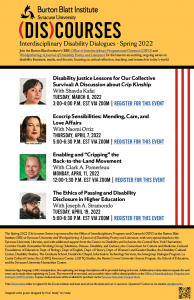
The Spring 2022 (Dis)courses Series was sponsored by the Office of Interdisciplinary Programs and Outreach (OIPO) at the Burton Blatt Institute (BBI) at Syracuse University and Wordgathering: A Journal of Disability Poetry and Literature, with very special thanks to the Syracuse University Libraries, and with additional support from the Center on Disability and Inclusion, the Central New York Humanities Corridor Health Humanities Working Group (Medicine, Disease, Disability, and Culture), the Consortium for Culture and Medicine, Cultural Foundations of Education, Dept. of Biology, Dept. of English, Dept. of History, Dept. of Women’s and Gender Studies, the Disability Cultural Center, Disability Studies, The Graduate School, Hendricks Chapel, Information Technology Services, the Intergroup Dialogue Program, La Casita Cultural Center, the LGBTQ Resource Center, LGBTQ Studies, the Renée Crown University Honors Program, the School of Education, and the Syracuse University Humanities Center.
Original series poster and (Dis)courses logo designed by Prof. Emily Vey Duke
Other (Dis)courses Series events:
- (Dis)courses Interdisciplinary Disability Dialogues Spring 2019 – Download (Dis)courses Spring 2019 Series Poster (PDF Format)
- (Dis)courses Interdisciplinary Dialogues Spring 2021 – Download (Dis)courses Spring 2021 Panel Poster, A Crip Reckoning: Reflections on the ADA@30 (PDF Format)